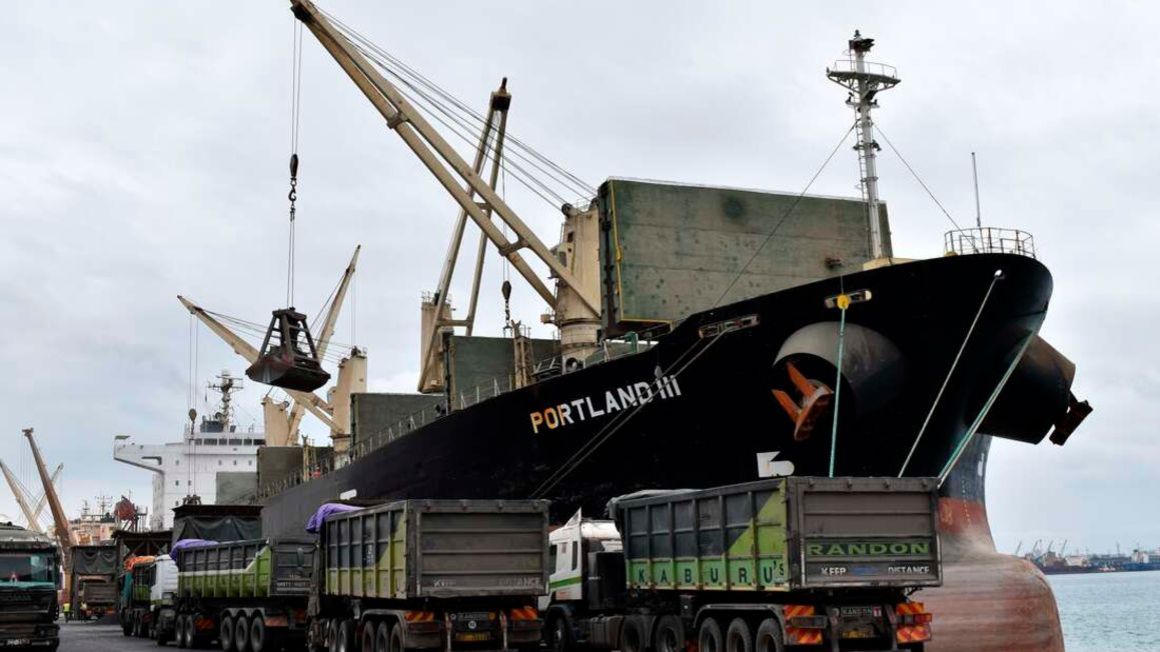A clinker is offloaded at the Port of Mombasa on August 16, 2020. PHOTO | WACHIRA MWANGI | NMG Nairobi says some errant cement companies have been abusing the low tax regime of 10 percent in the region and wants to discipline them through an increase in tax for imported clinker, which is a key ingredient in cement manufacturing.
The specific duty to be charged is still subject to discussion among the East African Community states within the broad framework of the Common External Tariff (CET) reform programme.
According to Kenya’s Ministry of Trade and Industry, clinker is among the 115 tariff lines that are yet to be agreed upon by EAC member states under the revised four-band CET structure.
Kenya is set to increase duty on imported clinker to rein in on unscrupulous cement manufacturers involved in trading malpractices.
Nairobi says some errant cement companies have been abusing the low tax regime of 10 percent in the region and wants to discipline them through an increase in tax for imported clinker, which is a key ingredient in cement manufacturing.
The specific duty to be charged is still subject to discussion among the East African Community states within the broad framework of the Common External Tariff (CET) reform programme.
This latest development comes after Kenya rejected findings of a regional study to determine the quantity and quality of clinker.
The EastAfrican has learnt that various stakeholders have refused to adopt the report by the National Independent Clinker Verification Committee on the basis that the study failed to justify why some local cement manufacturers are importing clinker while producing the same product locally and exporting to EAC countries.
“Some of these cement companies are importing clinker and the same companies are mining clinker and exporting it to neighbouring countries. So we need to come out together to discipline that behaviour because you cannot import a raw material and still at the same time export the same raw material,” Kenya’s Trade and Industry Principal Secretary Johnson Weru told The East African in an interview last week.
“The Treasury and the Ministry of Trade are saying we need to discipline these businesses. But who is going to bell the cat? ” he posed. New CET structure
According to Kenya’s Ministry of Trade and Industry, clinker is among the 115 tariff lines that are yet to be agreed upon by EAC member states under the revised four-band CET […]
